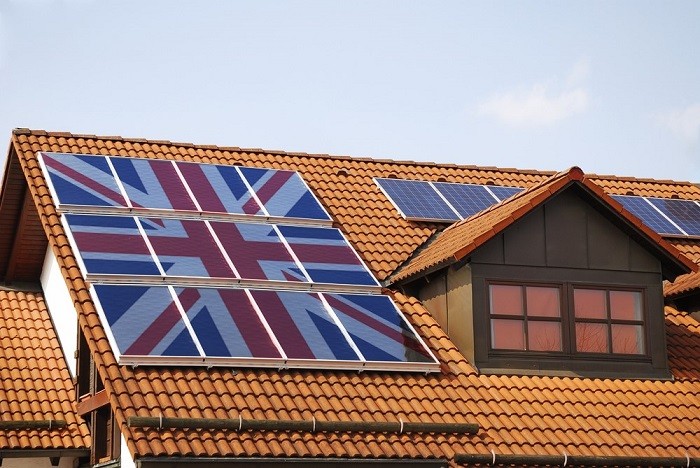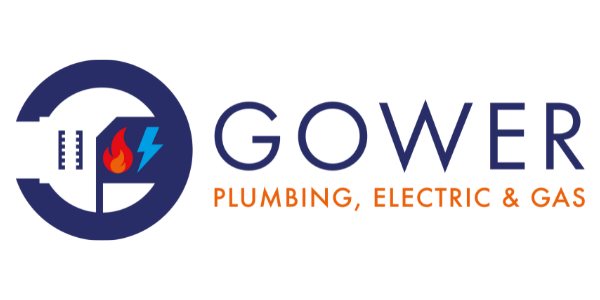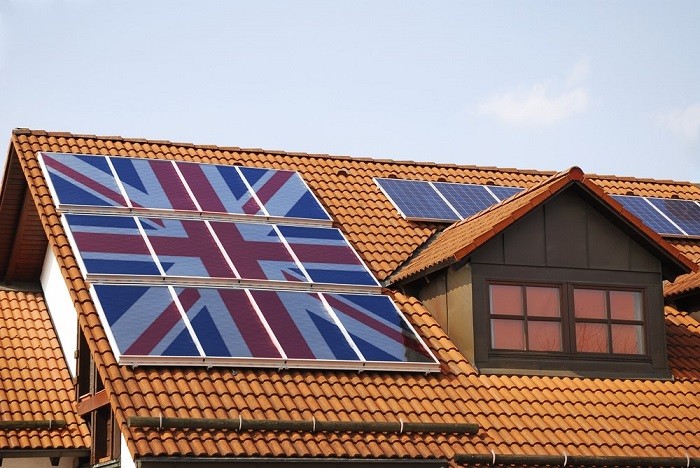
Solar panels, are an increasingly popular way to generate electricity from the sun. They work by converting the energy from the sun into electricity that can be used to power homes and businesses. We explore the pros and cons of solar panels and consider the cost value of installing them in the UK.
What are the advantages?
· Solar panels are a clean and renewable energy source: Unlike fossil fuels, which release carbon dioxide and other pollutants into the atmosphere, solar panels do not produce any emissions. This means that they are better for the environment and do not contribute to climate change.
· They don’t require any fuel to operate: This makes solar panels a cost-effective option for generating electricity as once the solar panels are installed, the cost of generating electricity is effectively zero.
· They can be installed on most types of roofs: Regardless of its orientation or angle, solar panels can be installed and operate on most styles of roof. This means that they can be used in both urban and rural areas, making them a versatile and accessible energy source.
· The government provides financial incentives for solar panel installation: Aiming to hit a carbon neutral target by 2050, the government have in place the Eco-4 scheme, which gives home owners the access to apply for a grant to help cover the cost of solar panel installation.
What are the Disadvantages?
· Expensive to install: The cost of installation can vary depending on the size of the system and the type of panels used. The most common domestic sizes is a 4kW solar panel system, which will costs around £6,400. This means that there is a significant upfront cost for installing solar panels.
· Solar panels are not effective in low light conditions: During the winter months in the UK, there is far less light which can result in a drop in electricity generation. This means that during the winter months, the amount of electricity generated by solar panels may be lower than during the summer months.
· Roofs with less space will not be able to be equipped with the same systems as larger ones: To install the average 4kW solar panel system, a roof must 25-30 sq m. This means that the size of the solar panel system will depend on the amount of roof space available and therefore, might not be worth the original setup fee.
· Solar Panels cannot be attached to thatched roofs: There is no mounting system designed to fit solar panels onto thatched roofs, and with thatched roofs already being a fire hazard, it is unlikely that there will be any advancements with this.
Cost Value of Installing Solar Panels in the UK:
When it comes to the cost value of installing solar panels in the UK, it is important to consider the initial cost of installation, as well as the potential savings on energy bills over time. According to the Energy Saving Trust, the average cost of installing a solar PV system on a 3-bed semi-detached house in the UK is around £6,000 – £8,000. However, this cost can vary depending on the size and type of system installed.
In terms of savings, it has been reported that a typical 3-bed semi-detached house with a 4 kW solar PV system could save up to £290 per year on energy bills. With a payback period of around 10-15 years, the solar panels will have recouped the cost of installation. This calculation assumes that the solar panel system generates 3,800 kWh of electricity per year at the cost of electricity is 14p/kWh, and with the average UK 2-3 bed household using around 2,900 kW/annually, this could save customers hundreds.
For example, a 4 kW solar PV system would require around 25-30 sq m of roof space, which would generate 3,800 kWh of electricity per year, and have a payback period of around 10-15 years based on an electricity cost of 14p/kWh.
However, estimations around the payback period and potential savings cannot be 100% accurate as to determine these, it is important to consider the following factors:
· The size of the solar panel system, the bigger the system the more power.
· The amount of roof space available, the larger the roof, the larger the system that can be mounted.
· The amount of electricity generated by the solar panel system, systems and models can vary in generation.
· The government incentives, there is potential for government grants to installation, however these can vary.
· The Weather, with global warming increasing the volatility of the weather, this could impact the amount of energy generated.
· Potential Shade, if in an urban area, there is a high potential of shade that will decrease the usability of solar panels.
The Energy Saving Trust website offers a free comprehensive solar panel calculator, which can estimate the usability and potential savings of solar panels on your home, by using an exact location and other variables. This can be found here: https://www.pvfitcalculator.energysavingtrust.org.uk/
In conclusion, solar panels can be a cost-effective and environmentally friendly way to generate electricity for homes and businesses in the UK. While the initial cost of installation is high, the potential savings on energy bills over time can make them a worthwhile investment. It is important to do the calculation based on the specific requirements and consider the government incentives available.


